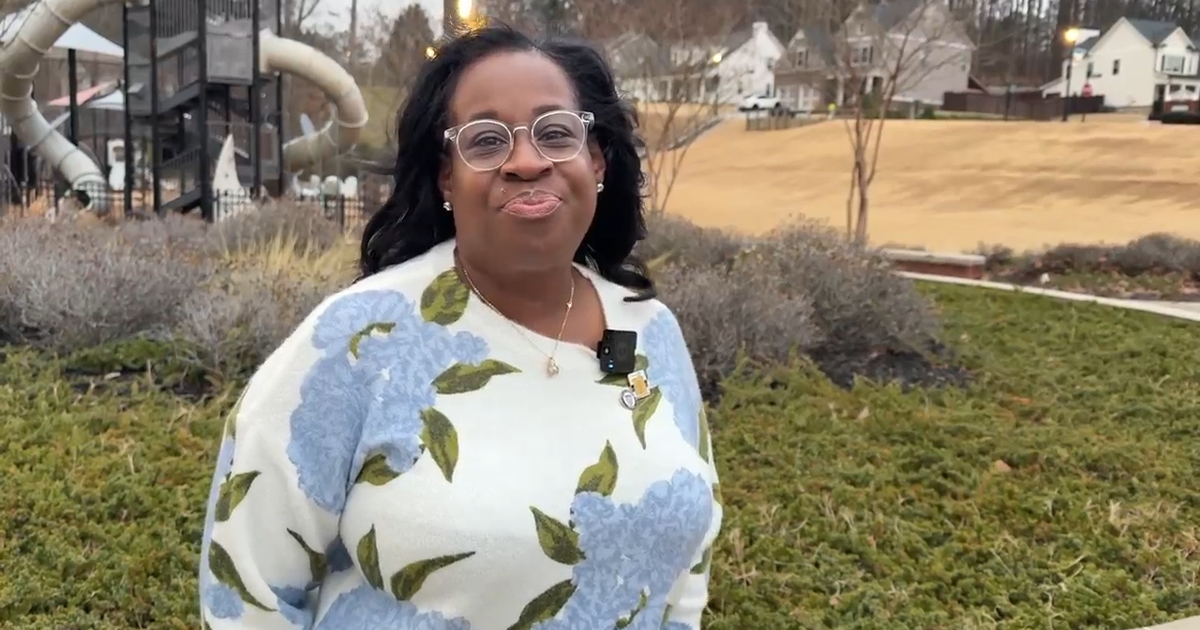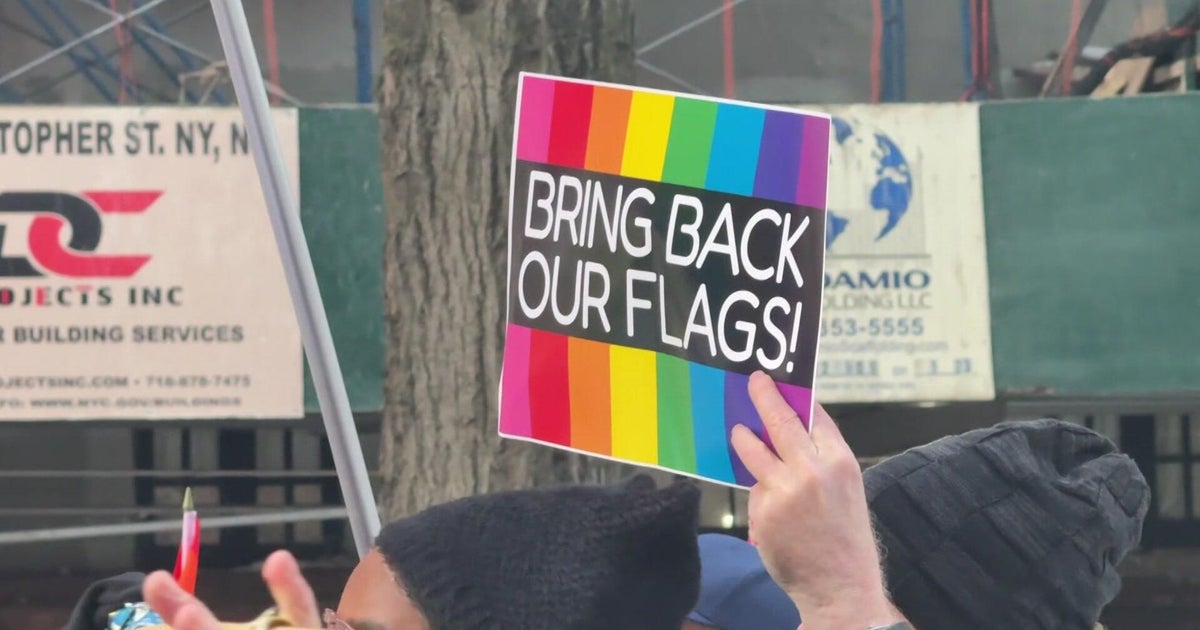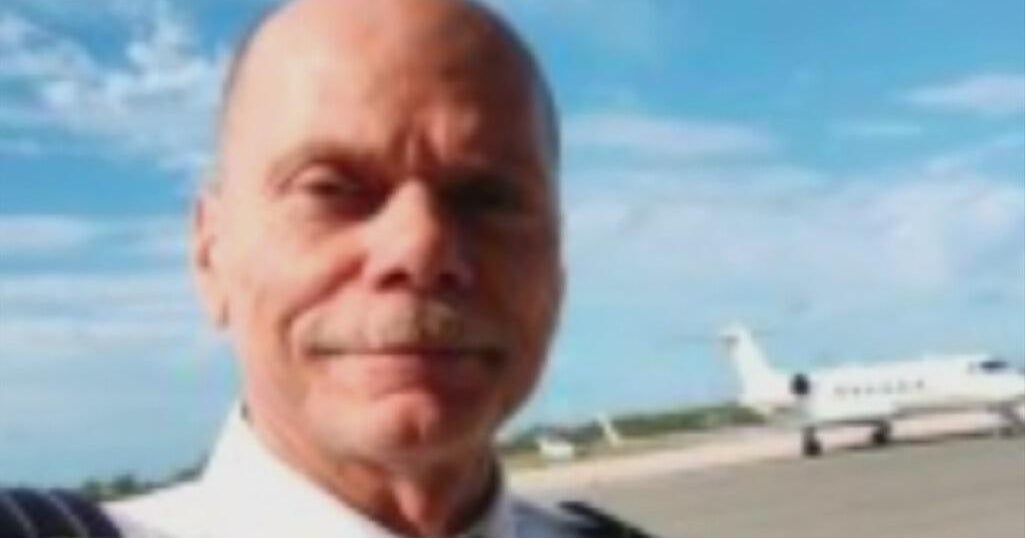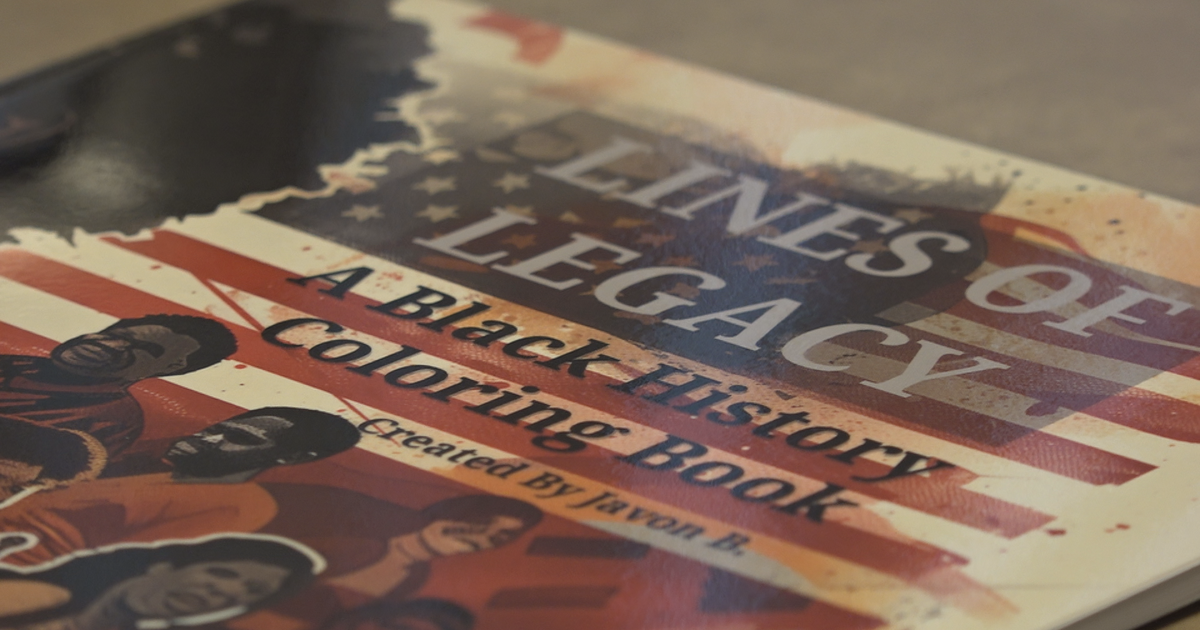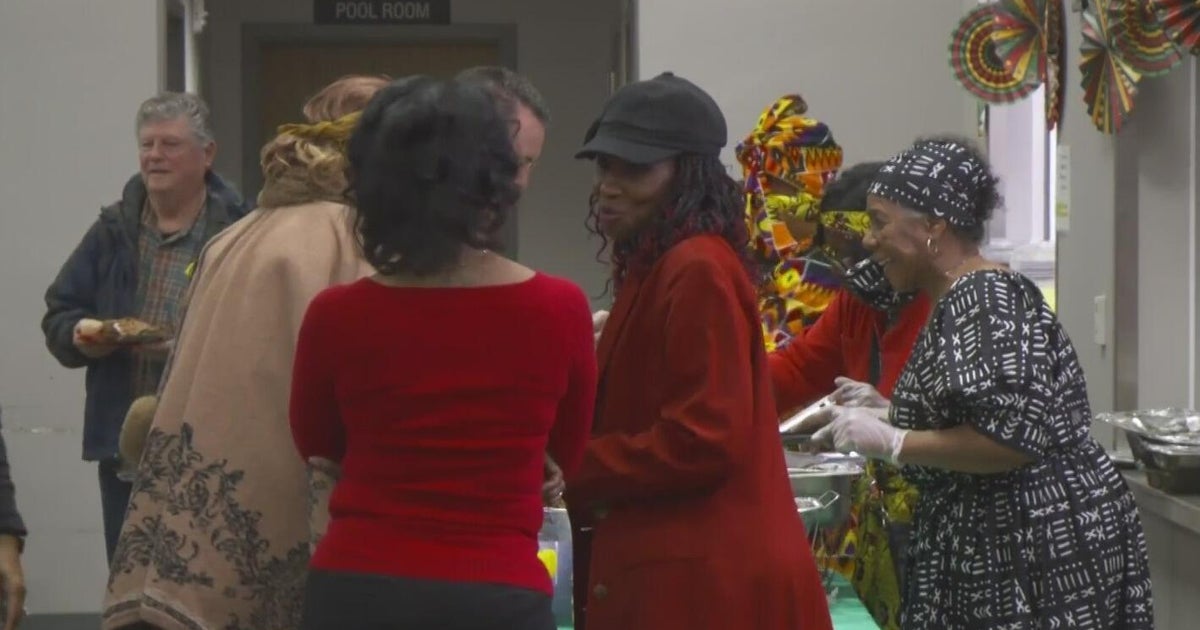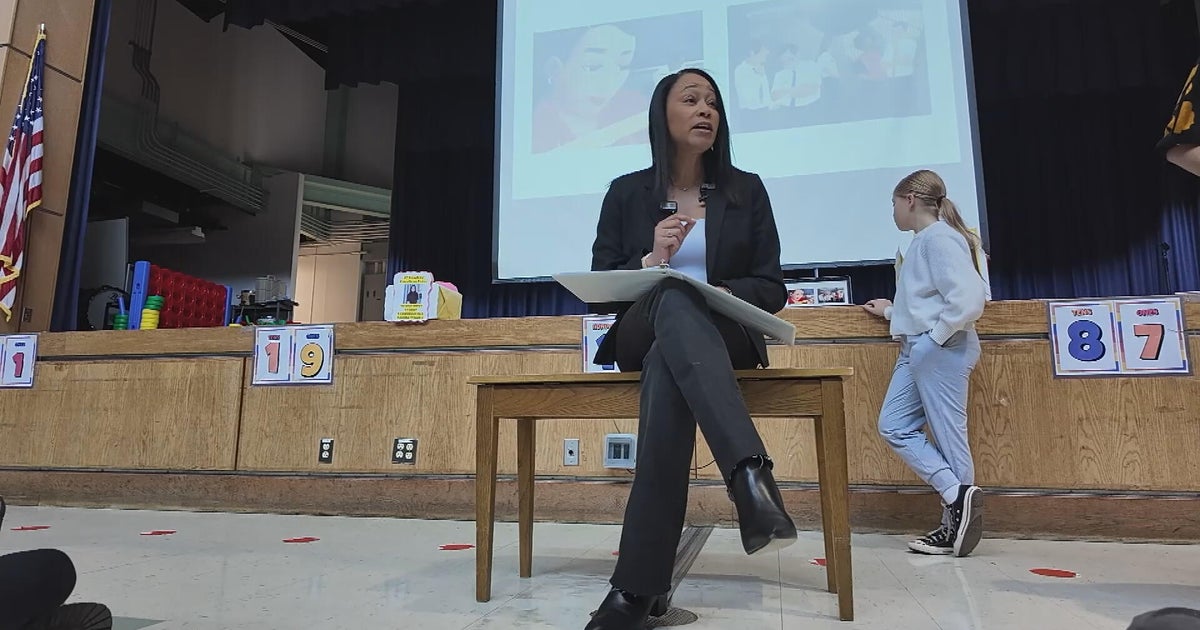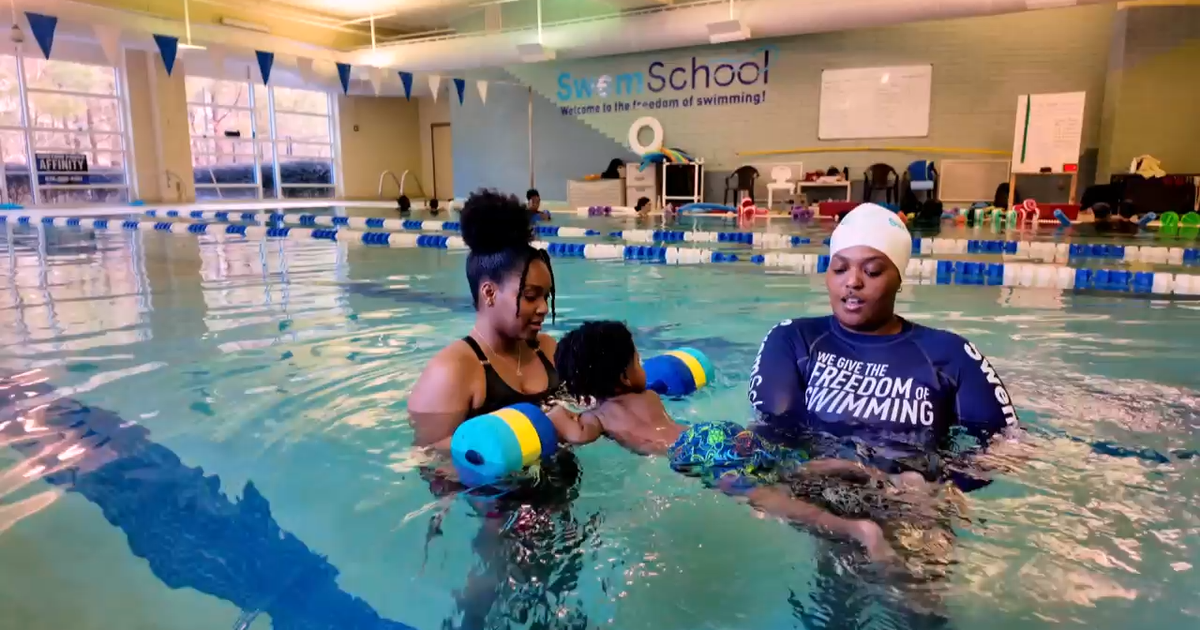CBS2 gets look at New York City's pilot program teaching AAPI history
NEW YORK -- In honor of Asian American and Pacific Islander Heritage Month, Queens Congresswoman Grace Meng has introduced federal legislation that would promote teaching AAPI history in schools nationwide.
In New York City, it's already happening under a pilot program that was launched during this 2022-23 school year.
At P.S. 94, The Hengry Longfellow School, in Sunset Park, Brooklyn, fourth grade students are learning about the Chinese Exclusion Act.
During the late 1800s, there was a decade-long ban on Chinese laborers immigrating to the United States.
Chinese immigrants had become instrumental in building railroads in the West and number of them became entrepreneuers.
As the number of laborers increased, so did anti-Chinese sentiment.
Student Carmen Chen, 9, said she was saddened to hear about the history.
"That made me feel like why do Asian-Americans have to go through that stuff?" Chen said.
"Sometimes we have to unpack honest, difficult truth, but what we do is that we connect the truth with the core value of the culture," said Cristina Gonzalez, principal at P.S. 94.
Gonzalez says two-thirds of the school's population is of Asian-American descent, and about one-third is of LatinX descent.
Teacher Wei Ting Lu helped implement New York City's first AAPI-focused curriculum in fourth grade classrooms.
"I think I opened a box..but how could I kind of make them feel strong to know this history?" Lu said. "The more we talk about it the more they feel they are able to express their feelings."
"We use it to show how we all contribute and how we all, when we really understand each other, want the same thing," Gonzalez added.
Students are also instructed to draw upon their literacy skills to write about immigrant families from the late 1800s.
In the classroom, culturally diverse books by AAPI authors are available for students to read.
They are also taught about people from the AAPI community who have made a positive impact, like Indian-American human rights activist Thenmozhi Soundararajan.
READ MORE: Pratima Bhullar Maldonado is NYPD's first female South Asian captain
Student Niki Wang shared an assignment where students were instructed to choose an AAPI hero and write about it.
"I learned about Jeremy Lin," Wang said.
She added she also learned about martial artist Bruce Lee.
Chen said she was inspired by architect Maya Lin.
"She also made a wall of many people who died in the Vietnam War. Just as her, I love to do art," Chen said.
Lu says some of her students even immigrated to the U.S. a few week ago. She says the curriculum has helped give them a sense of belonging too.
"For parents, they also told me it's very important because many of them are newcomers and they also want to know more about Asian-American history," Lu said.
Professor Vivian Louie, director of Asian American Studies at CUNY Hunter College, helped create the citywide curriculum with a panel of scholars.
In June, a hard copy resources guide for teachers will be available. It is titled "Hidden Voices" and shares profiles of AAPI leaders, as well as pivotal moments in history.
She praised the accomplishments of the program thus far.
"A win is also for us to have knowledge about these amazing folks and critical moments in the wider public," Louie said.
The curriculum will officially be implemented city-wide during the 2023-24 school year, empowering everyone to recognize that AAPI history is American history.


